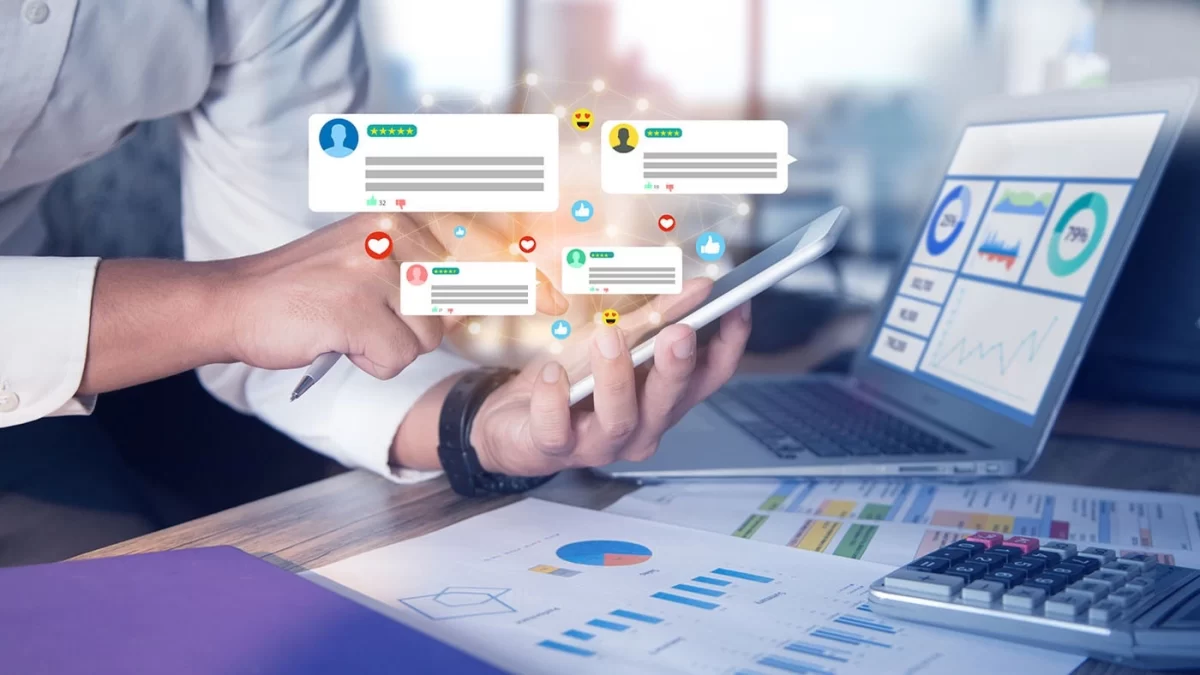Social Media is a form of collective technologies where you create and share your ideas and interests through online communities. Social Media has a lot of ups and downs, it’s a good outlet to connect with friends and family, or if you’re a journalist, express your voice. However, just like anything else it also has a long list of negatives for example increase in depression.
Negative Health Benefits:
A negative effect of social media is a decrease in inadequate sleep. On average most teens should receive about eight to ten hours of sleep for their well-being. Sleep is in desperate need especially for teenagers because it affects their mental and physical health along with their social and emotional development. Sleep supports a teen’s attention, memory, and analytical thought. Unfortunately, most teens don’t receive enough sleep, they usually have less than six hours of sleep. Now we can’t see every reason why a kid doesn’t get enough sleep but we do know that social media usually distracts teens and keeps them up whether it’s playing a game with their friends or constantly scrolling through TikTok.
On the topic of TikTok, me being a teen, the second I’m on TikTok I can’t stop scrolling through endless amounts of videos being recommended to me based on my interests. Here and there mid-TikTok I say ‘Maybe after this video, I’ll work on my homework or go to sleep’ but I don’t go through with that plan instead I stay up until my eyes can barely open again. So why is TikTok so addicting to teens and how does that affect a teen’s day? TikTok videos are usually fifteen seconds to a minute long, easily capturing someone’s attention, especially with the algorithm recommending to you what it thinks you may enjoy. It provides enough stimulation for the user to become addicted to it.
Social media is heavily addicting, so when someone is forced to focus on other things that don’t seem to give off the same stimulation like doing your homework, it’s harder to focus because you’re addicted to something that was taken from you. That’s why in school students struggle to follow the ‘no phone policy’ but doing anything else without the constant scrolling is ‘boring’ and doesn’t tend to hold their attention for long.
Social media has also been shown to have an increase in depression and mental health issues surrounding its users.
Most people addicted to social media find themselves not unhappy with their appearance and are more addicted to how they look and appear in other people’s eyes. Social media is very good at manipulating a certain point of time which is why most people struggle with their insecurities about social media because the person has to pose for the photo, use or not use filters, and pick the one out of the several to post. Believe it or not, most photos on social media aren’t how they were in real life but it’s hard to realize that.
Another effect is people experience depression and anxiety. Depression is a common mood disorder that affects how a person feels, thinks, and handles day-to-day activities like sleeping or eating. Anxiety is the feeling of fear and a sense of uneasiness. There is no leading reason why people experience this while consuming excess amounts of social media but some have concluded it develops because these people prefer online interactions more than real-life interactions affecting their day-to-day life.
Now social media has made huge achievements and is overall super helpful. But social media isn’t something to become addicted to.








